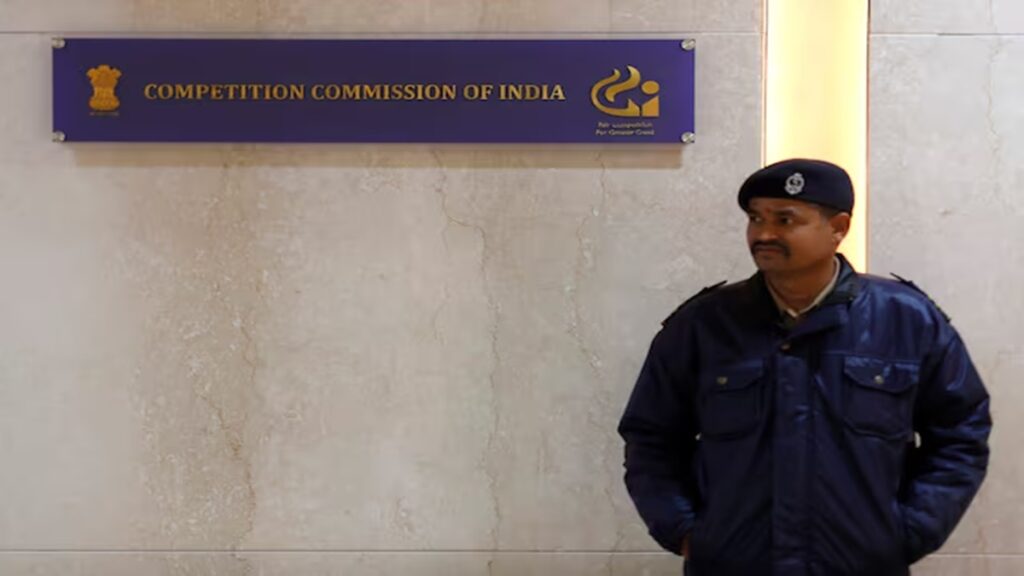NEW DELHI: The Competition Commission of India (CCI) has come out with “stringent” rules to determine the production costs, helping it tackle unfair pricing and deep discounts, especially in e-commerce and quick commerce markets.
The new rules, which have replaced the Cost Regulations 2009, have been introduced to keep the predatory pricing under check, and to keep the regulations in sync with the way digital markets operate.
Experts said that since the new rules have plugged the loopholes that were present in the previous regulations, there will be a significant reduction in the disputes arising out of determining the production cost. “This will make it difficult for e-commerce players to sell products at deep discounts because there are a lot of mechanisms that they used to employ earlier will not be allowed under the new rules,” said a competition law expert.
For instance, the new rules have denied the use of “market value” as an alternative benchmark, digressing from the current cost regulations. The stakeholders had argued that “market value” should be used as an alternative cost benchmark in cases where pricing may diverge from internal costs due to cross-subsidisation, high fixed costs, and advertising-based models. CCI, however, stated that “market value” does not constitute a cost benchmark as it reflects external factors like consumer willingness to pay and perceived value.
In the new rules, the CCI has also revised “total cost” to clearly include depreciation and exclude financing overheads which will provide a consistent measurement of the cost of production.
“By revising the definition of “total cost”, dropping the use of “market value” as an alternative cost benchmark and refining other definitions, the new rules provide greater clarity, and ease of interpretation.” said Modhulika Bose, partner (competition law), Chandhiok and Mahajan Advocates and Solicitors.
The CCI is already examining a complaint filed by the FMCG distributors AICPDF alleging quick commerce companies including Zepto, Blinkit, BigBasket and Swiggy do deep discounting and market monopolisation.
Additionally, some stakeholders argued that the predatory pricing assessments should involve more than a cost-based analysis and must consider the potential for recoupment. In its argument, the CCI said that recoupment is not a requirement under the Competition Act for establishing predatory pricing.
“It’s the job of the CCI to estimate the cost of production which plays a key role in determining whether a company is engaged in predatory pricing. In that context, these new regulations are crucial,” said Vinod Dhall, former chairperson at CCI.
In February, the commission floated the draft regulations for public comments. Based on the response from 14 stakeholders, the regulator incorporated some changes in the draft rules.
Source: The Financial Express




 FTA With UK Has Enough Safeguards, Says Govt
FTA With UK Has Enough Safeguards, Says Govt 